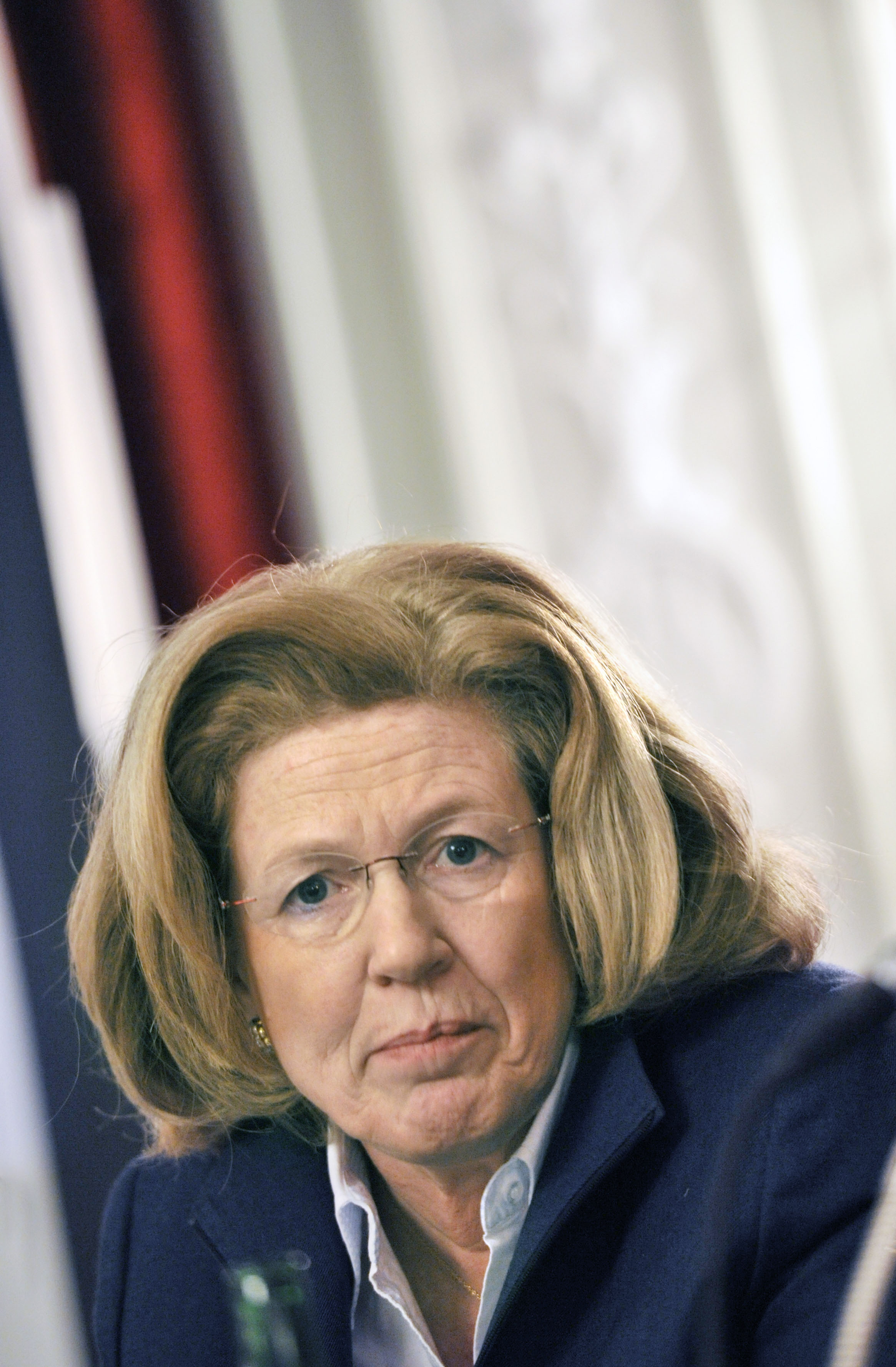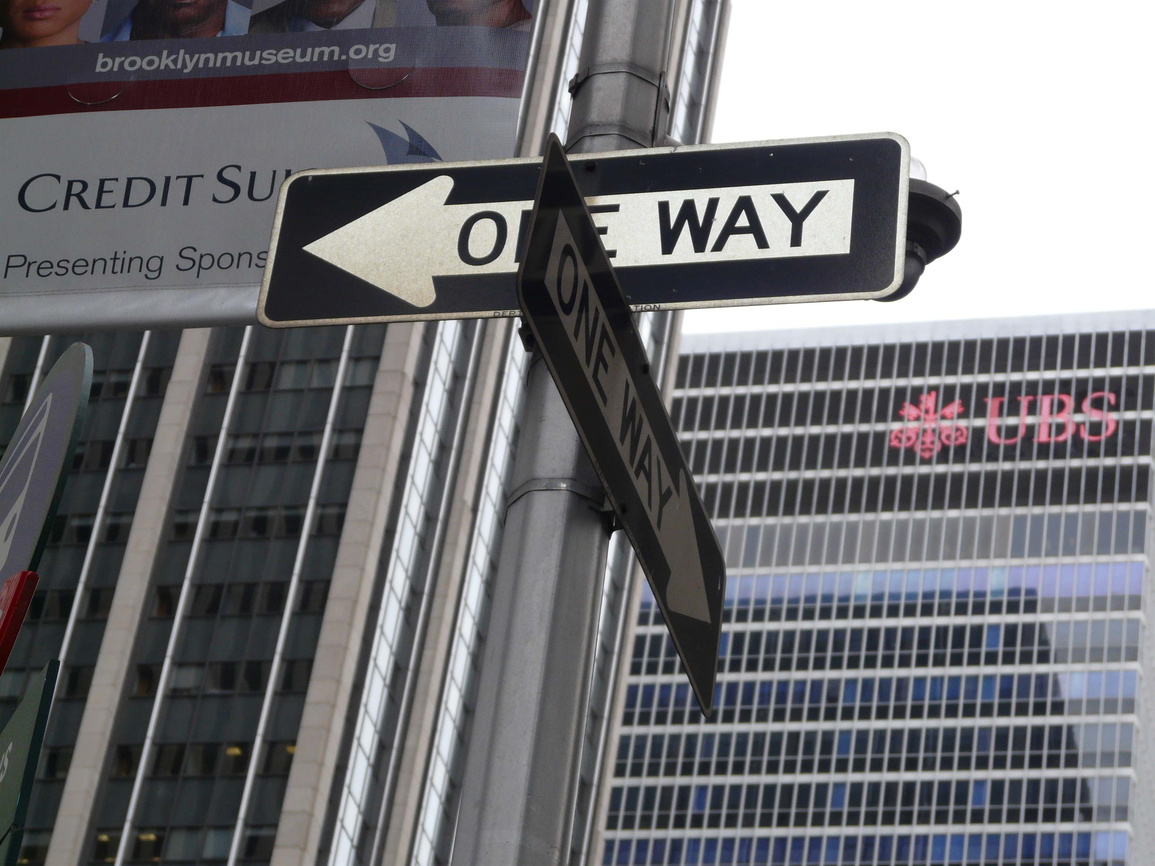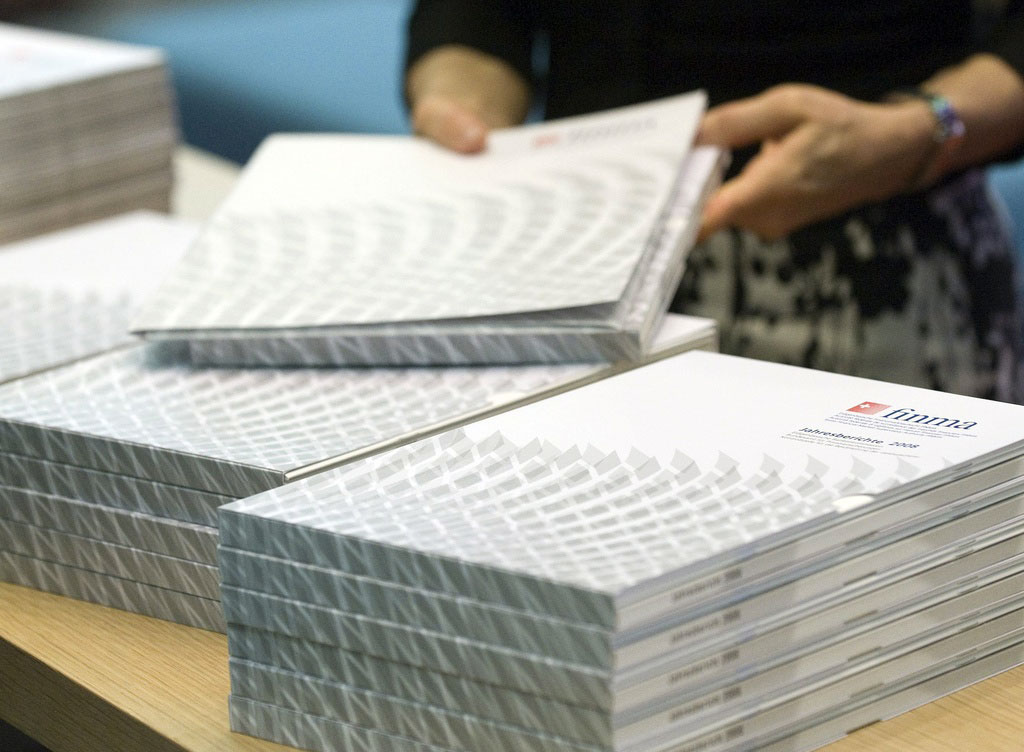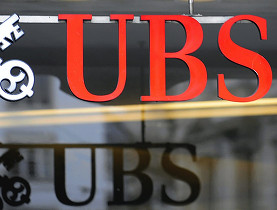Private bankers urge Swiss to shape up on tax

Some of Switzerland’s most influential bankers have called for a more coherent response to the recent crescendo of global criticism concerning tax evasion.
Switzerland backpedalled fast last year to get itself removed from a “grey list” of uncooperative tax havens. But now the authorities are facing a domestic backlash for appearing to surrender too easily.
The Swiss Private Bankers Association (SPBA) on Thursday asked the government to look more carefully at the details of renegotiated double taxation agreements. Parliament was also urged to draw up a legal framework to allow concessions without breaking banking secrecy laws.
The speed and ferocity of the concerted global attack on tax havens early last year compelled Switzerland’s financial regulator to hand over UBS bank client data to the United States in February. This fateful decision was ruled illegal by a Swiss court last week.
The Swiss Financial and Market Supervisory Authority (Finma) is considering an appeal and is still defending its action on the grounds that it saved UBS from possible disaster in the US.
No fishing here
Speaking at the SPBA annual media presentation in Bern on Thursday, Anne-Marie de Weck, president of the Geneva Private Bankers Association, said it was time to defuse the legal minefield before more controversies erupted.
“We strongly believe parliament should adopt a strong legal framework to clarify the application of these [measures to align Switzerland with international tax demands] and clear up the uncertainty,” she told swissinfo.ch.
Such measures include the renegotiation of 12 double taxation treaties in the last ten months with another 18 in the pipeline. The SPBA welcomed the decision to amend the treaties but questioned why a clause on exchanging tax information, demanded by the Organisation for Economic Co-operation and Development (OECD), had been included in agreements with some non-member countries.
The SPBA was also unhappy with the wording in the renegotiated treaty with France. Although ratification has been held up following a dispute over stolen Swiss bank data, the SPBA is concerned that the treaty could be used by the French to launch so-called speculative fishing expeditions.
“On the one hand our authorities are saying we need at least some strong indication of a link to a bank, but the wording is missing in the treaty,” de Weck told swissinfo.ch.
“If they can ask if Mr X has an account with UBS, Credit Suisse, Pictet and Julius Bär – which covers 80 per cent of Swiss accounts – this sounds like a fishing expedition. While we believe there will be no problem, it still requires clarification.”
Trade-off
The government has repeatedly made clear that it will not submit to automatic exchanges of information or respond to vague requests concerning tax evasion. But the SPBA’s clear message was to slow down after a frenetic few months and take more time to get the details right.
Several Swiss financiers have suggested that banks should tax the interest on foreign accounts and send the proceeds to their countries of origin. SPBA chairman Konrad Hummler reiterated that this would be the best way of clearing Switzerland’s name while preserving banking secrecy.
The “trade-off” would protect the Swiss banking industry from charges of aiding and abetting criminal activities while retaining Switzerland’s sovereignty, he told the meeting.
Handing over any taxes owed, as opposed to the names and details of Swiss bank account holders would be more profitable for foreign tax authorities, de Weck added.
“Exchanging information does not guarantee that countries would receive a single penny, but with our proposed system the taxes would actually be paid,” she told swissinfo.ch. “We believe this is the best solution for Switzerland and other countries.”
Matthew Allen, swissinfo.ch
Switzerland has been under continuous attack since the start of last year for helping foreign tax evaders hide their assets. The global crusade coincided with the devastation of the financial crisis leaving large holes in the budgets of many countries.
In February 2009, Finma ordered UBS to hand over the details of 285 clients to the US authorities after the bank was fined $780 million for helping US citizens to dodge taxes.
A Swiss court ruled this data transfer to be illegal 11 months later, although Finma may appeal the decision. Some political parties have called for a full blown parliamentary investigation into the affair.
The OECD placed Switzerland on a grey list of uncooperative tax havens in April last year. The Swiss were removed in September after renegotiating several double taxation treaties, but they have refused to automatically transfer information to tax investigators without proof of crimes.
Several countries, including Italy, France, Britain and the United States launched tax amnesties last year in an effort to repatriate assets from tax cheats.
In September, the Swiss government was forced to hand over the details of 4,450 UBS clients to the US – in effect violating Swiss banking secrecy to prevent a ruinous court case for UBS.
The Swiss had processed the first 600 files of suspected tax evasion by the end of 2009.

In compliance with the JTI standards
More: SWI swissinfo.ch certified by the Journalism Trust Initiative





You can find an overview of ongoing debates with our journalists here. Please join us!
If you want to start a conversation about a topic raised in this article or want to report factual errors, email us at english@swissinfo.ch.